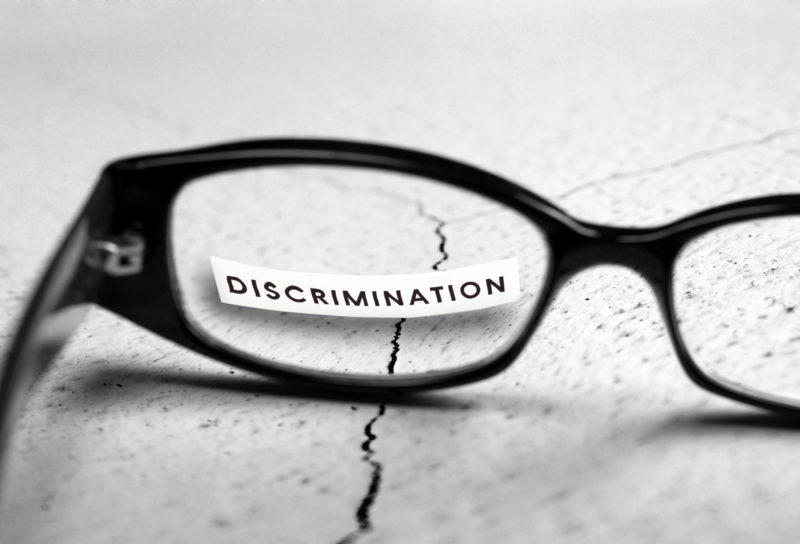
Although State and federal laws protect employees in California from age discrimination, discrimination remains common. If a former, current, or prospective employer mistreats you for being 40 years old or older, you could be entitled to remedies. But it is easier to avoid ageism than to seek legal relief after the fact.
Below are tips on how to avoid age discrimination when applying for a job. But if you encounter age-based mistreatment in the interview or application process, our award-winning age discrimination attorneys at King & Siegel LLP can help make sure you stand up for your rights.
Age Discrimination in Employment
We should get the bad news out of the way immediately. Workplace age discrimination is still a huge problem. In 2021, the Centers for Disease Control highlighted the results of an AARP survey in which 61% of the participants who were 50 or older stated they experienced or witnessed age-based discrimination at work.
Negative and false stereotypes about older workers are motivators behind unlawful, age-based treatment in employment settings. There are tactics you can use to prevent this discrimination, and there are legal avenues you can use to hold a discriminatory employer accountable.
Resume Tips for Avoiding Ageism
Your resume can be your first line of defense against discrimination. To draft a resume that can prevent biased treatment, you need to understand how a discriminatory employer might use a resume against an older applicant. With that knowledge in mind, you can make the necessary adjustments.
Research Skill Trends in Your Industry
Before you revamp your resume, you should understand what skills hiring managers in your industry are looking for. Doing this research can help ensure that you do not cut the wrong information from your resume in hopes of deterring discrimination. This research can also guide you regarding what skills you need to develop to make yourself a more attractive candidate.
Your research should start with a thorough review of each potential employer’s job posting and its website. After you understand what skills each potential employer is looking for, take a look at publications for professional and trade associations that govern your industry. Articles in these publications often discuss up-and-coming trends for in-demand degrees and skills in your field.
If you have the skills mentioned in postings and publications, highlight them. By highlighting necessary skills, you can change an employer’s mind about an older job candidate’s abilities, and you can prove that you were qualified for the job should you need to take legal action against discrimination.
Remove Years that Reveal Your Age
An employer might be more apt to hire an older worker if it gets to know that worker before it knows their age. To keep an employer from discovering your age when you first apply, remove birth dates and the years you received your degrees and certifications from your resume.
You might also want to remove how many years of experience you have performing certain jobs. Instead of telling an employer how long you have been working, assure the employer that you have more years of experience than the job requires and leave your communication at that. For example, if a job listing requests a candidate with three to five years of experience and you have 25, simply state that you have more than five years of experience and move on. If you do not exclude this type of information from your resume, an employer can easily determine if you are older than 40 and eliminate you from the applicant pool before reviewing your relevant qualifications.
Include Extracurricular Activities that Imply “Youthfulness” and Exclude Activities that Do Not
To many of us, the “extracurricular activities” section of a resume seems like a throwaway, but it can help or hinder you. A “Frontiers in Psychology” study from Eva Derous and Jeroen Decoster found that, despite denials, employers used applicants’ extracurricular activities and affiliations to determine whether they were members of protected classes.
If you list group affiliations or activities on your resume that skew “older” in many people’s minds, it is time to take them off. And if you engage in activities or groups that are typically associated with younger adults, put them on your resume. Emphasizing activities linked to younger age groups on your resume can prevent an employer from knowing your age and judging you prematurely. Telling an employer about your “younger” activities can also dispel an employer’s misconceptions about older workers’ abilities and dispositions.
Laws Against Age Discrimination
Federal and California laws forbid employers from taking adverse actions against employees who are 40 and older because of their age. These protections extend to job applicants and interview attendees.
An employer violates anti-discrimination laws if they take negative, age-based actions against job candidates, such as:
- Putting out job postings that contain biased language,
- Asking about an applicant’s or interviewee’s age,
- Making negative or stereotyping comments about a candidate’s age, and
- Refusing to hire a qualified candidate because of their age.
If you are 40 or older and suspect you were mistreated or denied a job because of your age, you can file a complaint or lawsuit to recover damages. You can file a charge with the U.S. Equal Employment Opportunity Commission, a complaint with the California Department of Fair Employment and Housing, or a civil lawsuit. These cases are challenging to litigate, so you should seek attorney assistance immediately.
King & Siegel Can Help
At King & Siegel, our experienced employment law attorneys are passionate about protecting employees across California. We are top-rated in the legal community, we trained at the most prestigious institutions, and we get results. If you need help, please call us or contact us online.

